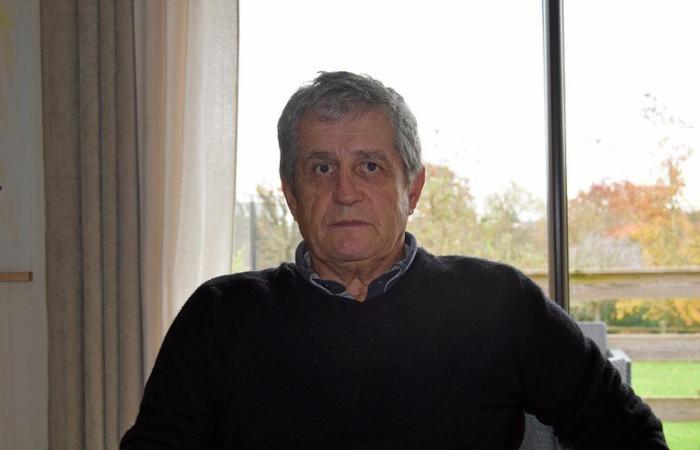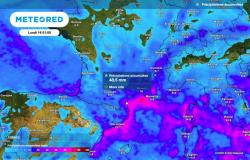
Dominique Barrau, after having spent eleven years as secretary general of the FNSEA, not counting the local and regional mandates that he was able to occupy, keeps a close eye on the agricultural situation and in particular on the Mercosur agreement which could be ratified these next few days.
During the last session of the Chamber of Agriculture, current events inevitably entered into the debates and the motions voted on as always during these assemblies. The one concerning the repercussions which will follow the signing of the Mercorsur agreements was an opportunity for Dominique Barrau, associate member of the Chamber, to place this issue in a broader context.
While Thursday and Friday, in Montevideo in Uruguay, the Mercosur summit is held. This meeting could be an opportunity to take a decisive step towards signing the free trade agreement with the European Union.
The former secretary general of the FNSEA thus proposed a look back, allowing us to better understand how and why this agreement arrived on the table of the European Union and especially the consequences it could have if it were ever ratified.
“You must never let this happen!”
“Today is the last major step in a story that began almost thirty years ago when this free trade agreement between South American countries, members of Mercosur, and the European Union, which was not the one we know today, was already mentioned,” says Dominique Barrau.
“The peasants will not capitulate!” »
At the time it was a question of preparing the transition from Gatt (General Agreement on Customs Tariffs and Trade, created after the Second World War) to the WTO (World Trade Organization) and therefore of “liberating the trade on a global scale and to include agriculture. At that time, the president of the FNSEA was Raymond Lacombe, André Cazals was first vice-president of the chambers of agriculture, etc. The people of Aveyron were well placed to talk to us about all these subjects. And they were categorical: we must never let this happen! »
“The Sunday of the Lands of France”
“Raymond Lacombe published an editorial in Le Monde entitled Les Paysans ne capituleuse! Everything was said. He explained that agriculture should not be treated like any other sector. At the risk of accentuating the rural exodus. He had this vision that is being realized today,” continues Dominique Barrau, who also evokes the large demonstration which brought together more than 300,000 farmers in Paris, in 1991 for “Le Dimanche des terres de France” where the question of farmers’ income was already posed.
And then, “what worked rather well in Aveyron with, for example, an Aubrac plateau with suckling cows which produce perfectly marketable animals, would be called into question. This agreement would stab this system by bringing in animals far from European standards which are social and environmental.”
“Isn’t it time for a break?”
For Dominique Barrau, “the real problem is signing such an agreement at this time. On the one hand, we must, in Europe, take a break from the exaggerations that are asked of us about the means of production to give South America time to move upmarket. Instead of opening the borders, as at the time when the treaty was proposed, we sense a desire for imperialism from certain countries. Isn’t it time to take a break? There are at least two reasons for this: we are being shaken up at the geopolitical level and even if the production system is going in the right direction, we must not move too quickly. Farmers feel like they are being thrown into the den of the wolf. »





